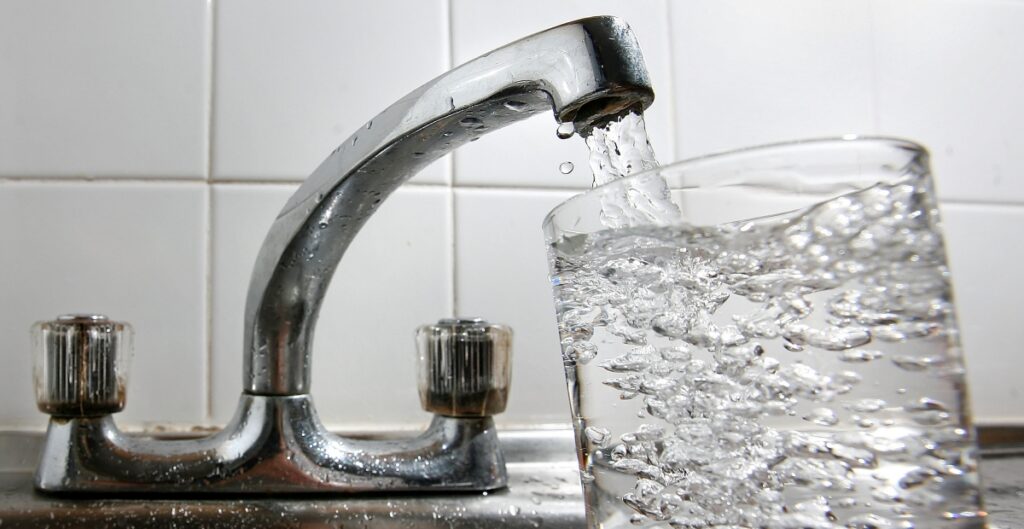NGOs Sound Alarm as Pune’s Water Sources Deplete Rapidly

Pune, 24th April 2024: Due to various factors such as the rapid urbanization of Pune, water pollution, and excessive extraction of groundwater, both surface and groundwater sources have been severely impacted. Additionally, untreated sewage is being directly discharged into rivers. There seems to be a lack of regard for water resources among the government, elected officials, and citizens alike. Non-governmental organizations (NGOs) working on water-related issues have sounded the alarm, warning that if water management practices do not improve, Pune may soon face a water crisis similar to that of Bangalore.
In response to this urgent situation, concerned organizations have developed a water manifesto. Their goal is to incorporate this manifesto into the agendas of political parties and candidates. Notable NGOs involved in this effort include Gram Gaurav Pratishthan, Vanarai Organisation, and the Gokhale Institute of Politics and Economics. This initiative was announced during a press conference held on Tuesday (23rd April). Key figures present at the event included water expert Pradeep Purandare, Trustee of Gram Gaurav Pratishthan Kalpana Salunkhe, Executive Trustee Dr. Sonali Shinde, Prasad Sevekari, and Forestry Coordinator Amit Wadekar.
Water expert Purandare emphasized the importance of effective water planning, regulation, and the enforcement of water laws. He highlighted the neglect of maintenance and repairs of dams, stressing the need for regular upkeep to ensure their functionality. Furthermore, he underscored the importance of ensuring that water reaches every individual, emphasizing the need for a more serious approach to addressing water issues.
Salunkhe pointed out, “The water crisis has persisted due to neglect since 1972. There has been a failure to effectively manage the available water resources. Previously, policies were shaped through advocacy for water-related issues. However, today’s representatives seem to overlook this crucial matter.”
Wadekar emphasized the need for elected representatives to prioritize discussions on water-related issues. He stressed the importance of managing water resources effectively and controlling their usage.
Key recommendations from the manifesto include:
1. Planning of new cities and villages should be based on available water resources.
2. Attention should be given to water recharge initiatives in urban housing societies.
3. Measures should be taken to prevent water leakage and theft, including the installation of water meters and regular maintenance of water lines.
4. Regular maintenance and repair of dams should be ensured, with the implementation of the ‘3D’ scheme.
5. The dissolution of the Irrigation Department and the establishment of a River Basin Authority are proposed.
6. Funds should be allocated for the repair and revival of minor irrigation projects.
7. Planning should be conducted on a watershed and river basin basis.
8. Priority should be given to schemes promoting water conservation and privatization, such as farm-to-demand initiatives.
9. A cognizable offence should be registered against those who discharge city sewage, industrial waste, and chemical water directly into rivers, as this poses significant risks to agriculture and public health, leading to diseases like cancer.
These recommendations aim to address various aspects of water management and ensure sustainable water use for the future.





